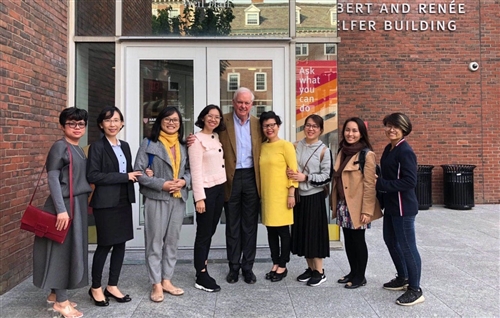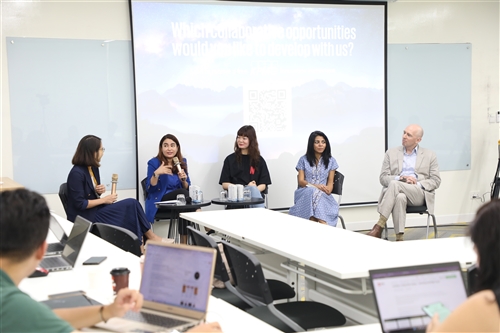On September 23, Fulbright School of Public Policy and Management (Fulbright University Vietnam) in coordination with the International Monetary Fund (IMF) organized the conference on Innovation and Productivity in the Aftermath of the Pandemic. This conference brought together economists, policymakers and practitioners to come up with useful policy lessons to boost innovation and productivity in Vietnam.
The IMF team presented a preview from their upcoming report themed “Fostering innovation and digitalization in Asia to boost productivity post-pandemic,” while the presentation by representatives from KPMG and the Center for Entrepreneurship and Innovation (CEI) at Fulbright University Vietnam focused on the trends and benefits of corporate innovation in Vietnam. The panel discussion gathered representatives from KPMG, Netflix, Rutgers Business School (Rutgers University) and IMF to discuss measures to foster innovation and digitalization at micro and macro levels.
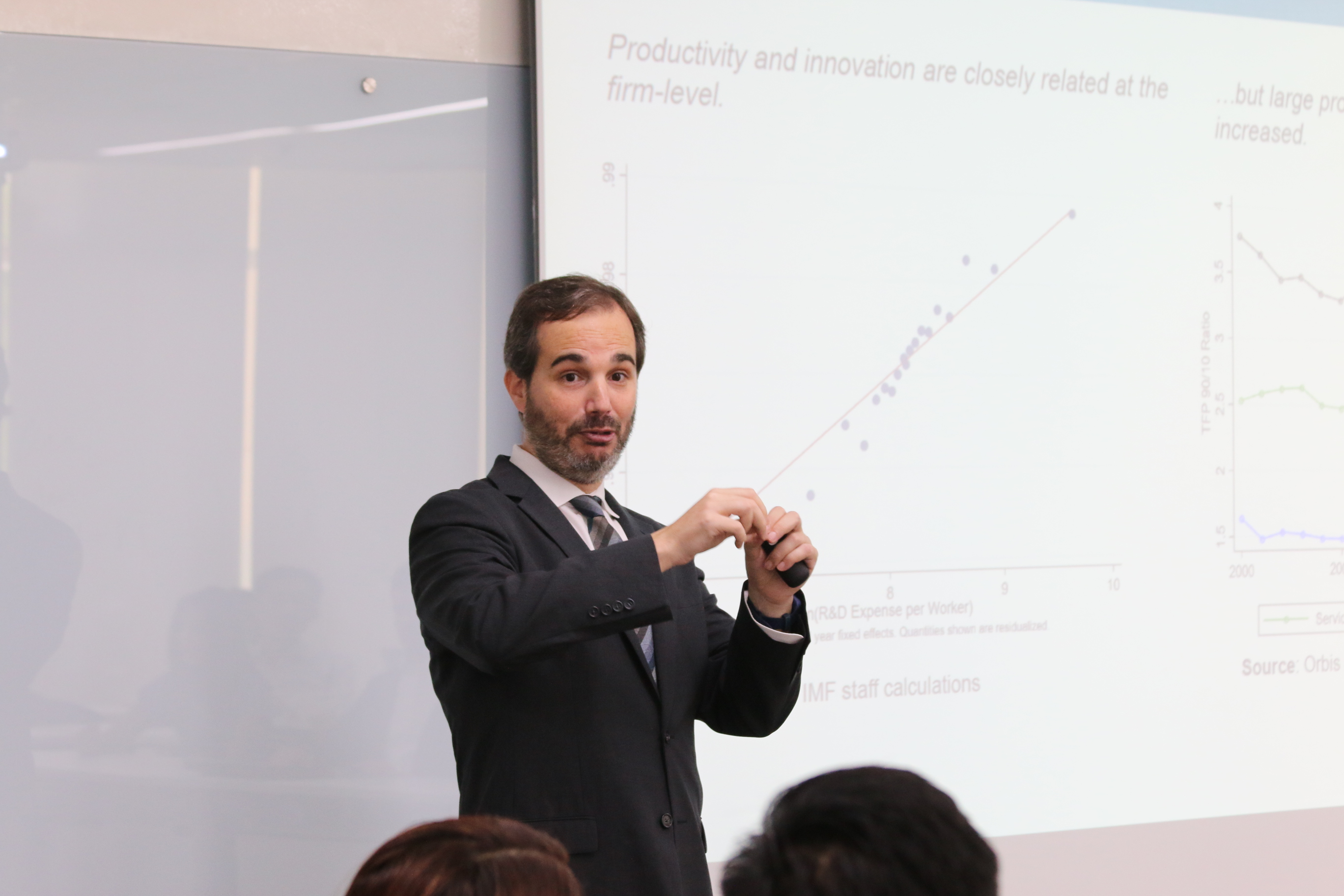
While COVID-19 has brought enormous challenges to business across the world, it has also accelerated the pace of digitalization and innovation on a large scale. Firms are required to adapt to the new standards and procedures to survive. Now that we are entering a post-pandemic world, business models and working environment may not be the same as they were before COVID-19. Some questions arise: How do the changes and innovation affect productivity in this new setting? How different is the pace of innovation among countries and regions? How can innovation be incentivized in Vietnam and what policies are needed to close remaining gaps?
According to IMF report, the productivity growth, indicated by Total Factor Productivity (TFP), in Asia was slowing before the pandemic. In Vietnam, TFP growth has also lagged behind other Asian economies despite strong economic growth. Therefore, the economic impacts of the Covid-19 pandemic could worsen the slowdown in productivity growth of the region. Economists highly recommend boosting productivity based on innovation and ICT in emerging economies like Vietnam.
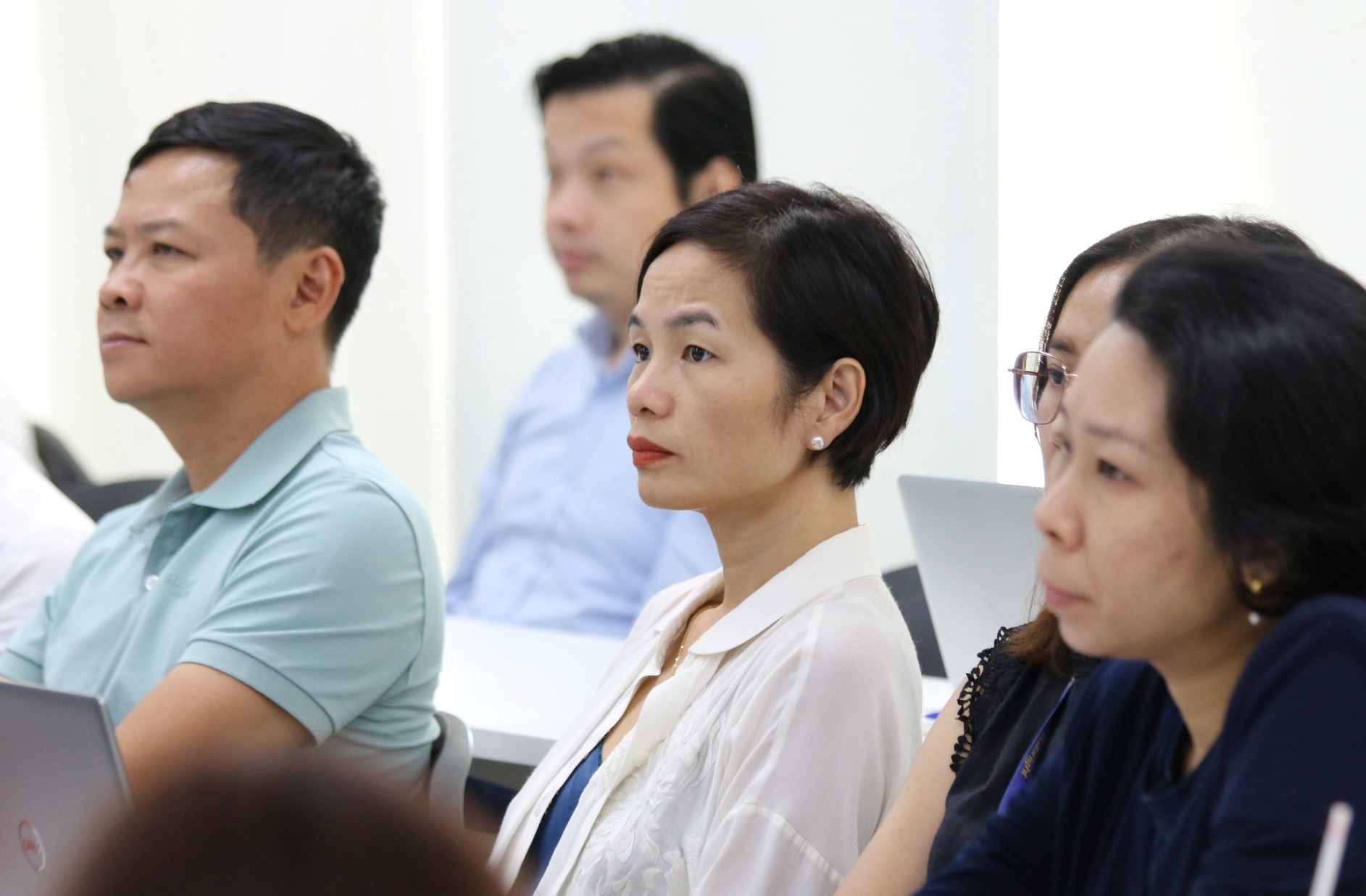
At the conference, Mr. Federico J. Díez, senior economist at IMF, presented data on the current situation of innovation in Asia, now a R&D powerhouse which contributes to more than half of the world’s patents including in digital technologies. Many non-frontier Asian economies import more high-tech goods than world average. They also grant more patents to non-residents in the last decade. Both facts suggest that non-frontier Asia is benefiting from technology diffusion supported by improvements in human capital and digital infrastructure.

He also pointed out that the innovation-aggregate TFP link is not working well due to a number of factors. For example, quality and impact of R&D has room for improvement, and R&D has become more concentrated in a smaller set of firms since 2010. In developing Asia, access to financing is a major obstacle to innovation.
The IMF team suggested that, in addition to increasing innovation and digitalization, reducing resource misallocation is also key to jumpstart TFP growth in Vietnam. The IMF report shows significant dispersion of productivity, especially in technology-intensive sectors. Sectors with higher misallocation grow more slowly, as resources are locked in relatively unproductive firms. Digitalization would help close TFP gaps while access to finance and human capital would help Vietnamese firms improve innovation.
IMF gave a number of recommendations to Vietnamese policymakers to foster innovation, including R&D tax credits and grants and public spending on basic research; facilitating experimentation: improving SME access to finance; intellectual property rights that reward disruptive innovations, facilitating technology diffusion through lower trade barriers and streamlined FDI regulations (including in services); facilitating knowledge sharing between foreign and local firms (network of suppliers); enhancing business-university R&D collaboration; and building labor skills.
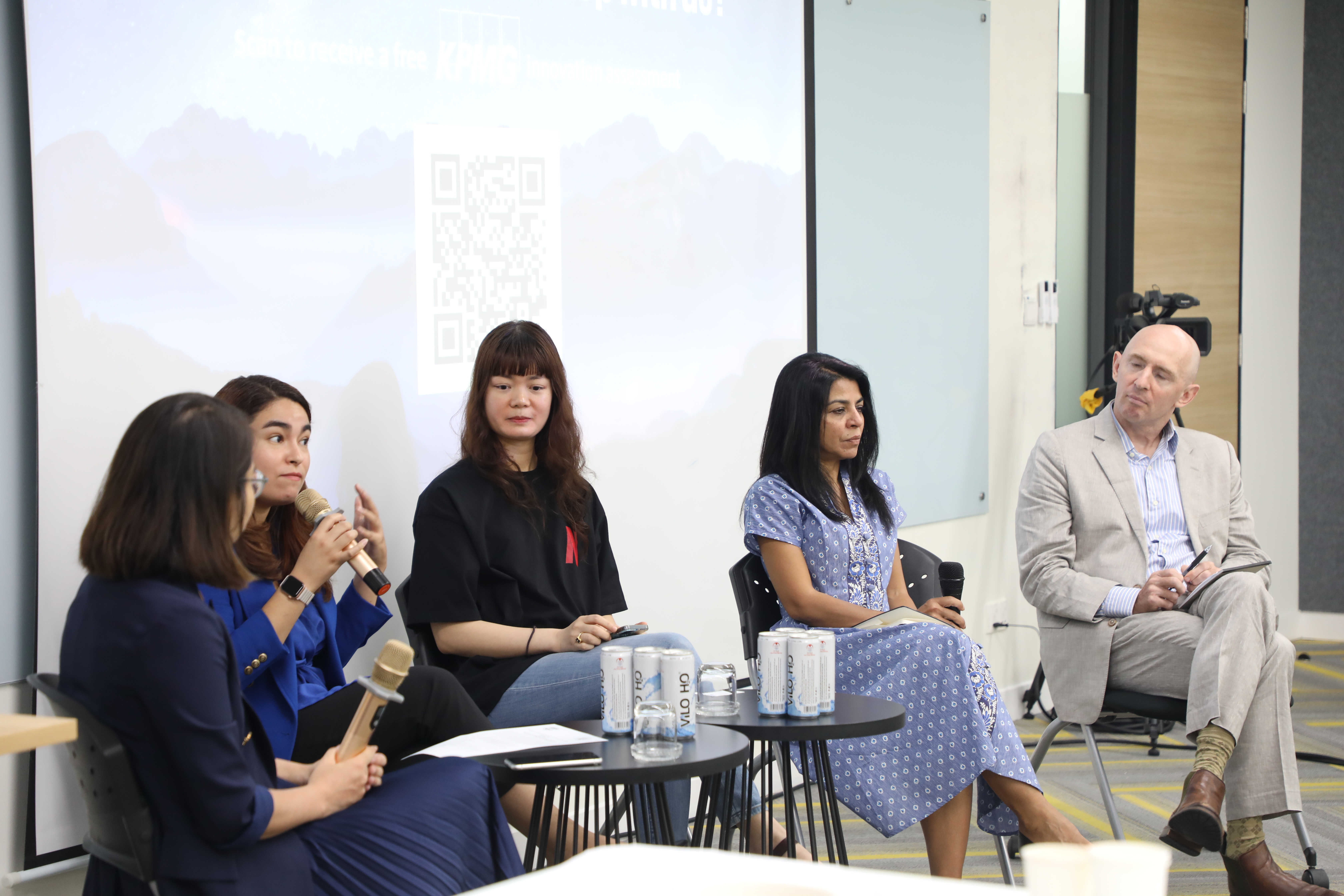
- Thuy Hang
Related Articles

Application Deadline for Master of Public Policy Program for Government Officials from Laos to be Extended
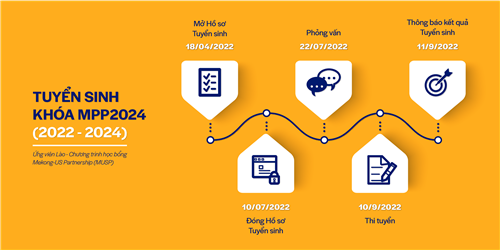
Full-Ride Scholarships for Government Officials from Laos
